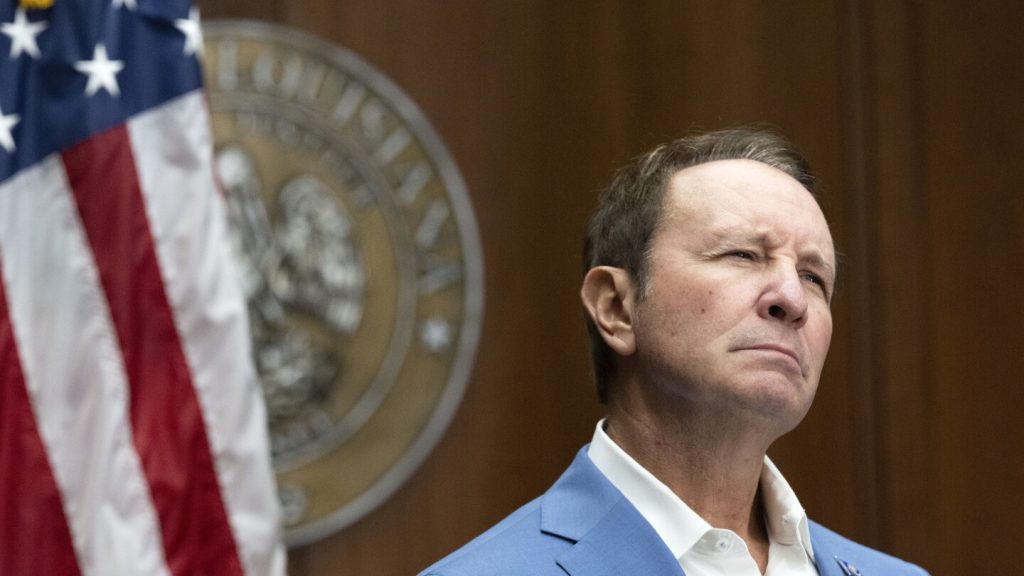Louisiana Governor Jeff Landry, a Republican who was endorsed by former President Donald Trump, signed an executive order requiring state government agencies to include a disclaimer on voter registration forms stating that noncitizens are prohibited from registering to vote. This move comes as part of efforts in various Republican-led states to ensure election integrity and prevent non-U.S. citizens from voting in elections. The governor emphasized that the right to vote in U.S. elections is a privilege reserved for American citizens. The press conference announcing this executive order was attended by Louisiana Attorney General Liz Murrill and Secretary of State Nancy Landry, who oversees elections in the state.
Despite the rarity of cases involving noncitizens casting ballots and the lack of evidence of noncitizens voting in significant numbers in federal elections, the issue of preventing noncitizen voting continues to be a focal point for Republicans. This comes at a time when the U.S. House passed a proof-of-citizenship requirement for voter registration in July, a proposal supported by Republicans. However, Democrats and voting rights activists have opposed such measures, citing existing legislation that already criminalizes voting as a noncitizen and expressing concerns about eligible voters being disenfranchised.
Several states, including Alabama and Tennessee, have also announced new policies aimed at addressing the issue of noncitizen voting. Alabama officials recently changed the registration status to inactive for over 3,200 registered voters previously identified as noncitizens by the federal government. In Tennessee, election officials initially requested over 14,000 people to provide proof of citizenship to remain on the active-voter rolls, although they later reversed this decision. In Louisiana, Secretary of State Nancy Landry reported that 48 noncitizens have been removed from the voter rolls since 2022, highlighting efforts to ensure the accuracy of voter rolls and the integrity of elections in the state.
The ongoing focus on preventing noncitizen voting and ensuring election integrity comes amidst a broader national conversation about voting rights and access to the ballot. While Republicans continue to push for measures to address concerns about noncitizen voting, Democrats and voting rights advocates argue that these efforts could lead to the disenfranchisement of eligible voters. The issue of noncitizen voting remains contentious, with differing perspectives on how best to safeguard the integrity of the electoral process while protecting the rights of all eligible voters. As the 2022 presidential election approaches, the debate over voter registration requirements and efforts to prevent noncitizen voting is likely to remain a key issue in the political landscape.


